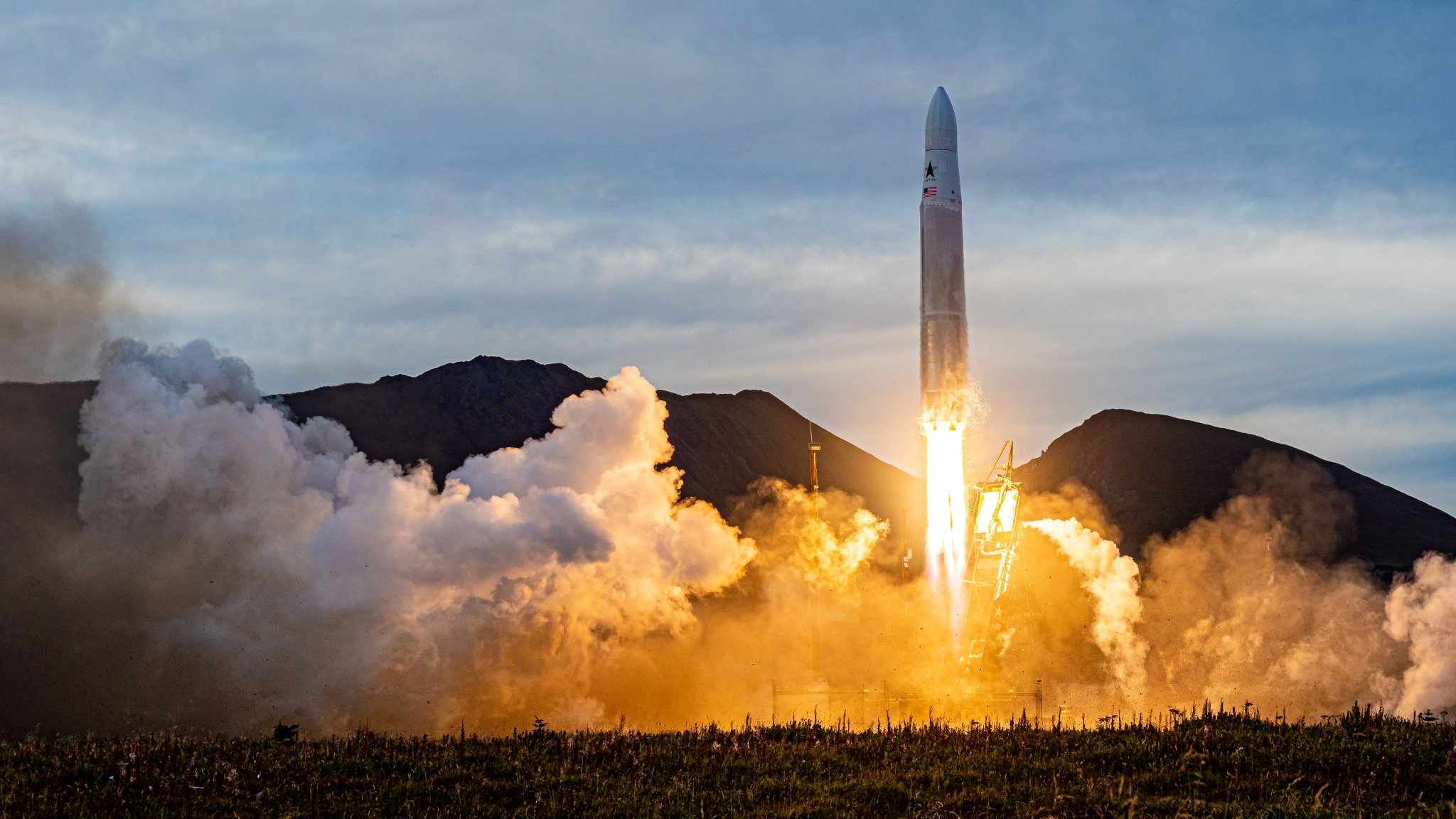Hello and welcome back to Max Q. It was a busy week for the space industry! Keep reading for news from Astra, Blue Origin, Varda Space and more.
Tips, opinions, criticism, thoughts? Email me at aria.techcrunch@gmail.com or find me on Twitter at @breadfrom.
Don’t forget to sign up to get the free newsletter version of Max Q delivered to your inbox.
Astra completes its investigation into August’s sideways launch
It appears that small rocket startup Astra has identified the root cause of the anomaly that led to its launch failure at the end of August. Evidently, it was due to a propellant leakage, which caused one of the engines to shut down one second after launch, Astra’s chief engineer Benjamin Lyon said in a blog post. The subsequent asymmetrical engine firing that came after led the rocket to hover and drift in the air before managing a brief vertical ascension.
Even as it recounted the debacle, the company is ready to try again, opening the launch window for its next attempt on October 27. The rocket, dubbed “LV0007,” will carry a test payload for the U.S. Space Force.

Image Credits: Astra / John Kraus (opens in a new window)
Steve Wozniak and Alex Fielding want to create “the Google Maps of space”
Rumors were swirling in September after Apple co-founder Steve Wozniak tweeted a link to a one-minute promo video on YouTube for a new company called Privateer. Sleuths started to wonder if the new company might have to do with orbital debris or space junk — cleaning it up, perhaps?
Not quite. I got the lowdown on the new startup from co-founder Alex Fielding, who told me that Privateer’s aim is to create concrete and actionable knowledge regarding the location of space debris. As it turns out, what info we do have isn’t that great. To solve this problem, Privateer aims to send up its first demo spacecraft, dubbed Pono 1, next February; subsequent launches will follow.
“I’m an optimist and I still am very, very, very afraid that we’re too late, that we’re probably within 24 months of the first on-orbit human space casualty,” Fielding said. “And the reason for that is just the proliferation in low Earth orbit.”
A new partnership between defense and venture capital
This week, I chatted with the co-founders of Embedded Ventures, an eleven-month-old venture capital firm that’s recently entered into a novel agreement with the U.S. Space Force. This news interested me because the two entities are using a partnership agreement called a CRADA — a Cooperative Research and Development Agreement — that’s never before been used with a VC fund.
More space news from TechCrunch
- Blue Origin successfully completed its second crewed launch, sending four people — including actor William Shatner — to space and back on Wednesday. Ninety-year-old Shatner is now the oldest person to go to space. It’s a bit of good news for Blue, which is trying to build out its space tourism business amidst a slew of bad press (see below).
- Rocket Lab is acquiring a Colorado-based space software company called Advanced Solutions, Inc. (ASI) for $40 million. ASI specializes in space software, mission simulation and test systems, as well as Guidance, Navigation, and Control (GNC) systems.
- Space Perspective has caught the interest of investors in its approach to space tourism. The company is developing a stratospheric balloon system to take passengers to the upper-atmosphere by 2024, and just closed a $40 million Series A round.
- Varda Space Industries, the fast-moving startup that wants to build manufacturing facilities in space, has selected SpaceX as its launch provider for its first demo flight in 2023. Varda’s spacecraft will be going to orbit on a Falcon 9 rideshare mission, an increasingly popular option for smaller companies looking to send lighter payloads to space.
Another safe landing in the West Texas desert. What a day, congrats to the crew of #NS18. pic.twitter.com/j0LjGc8yoW
— Blue Origin (@blueorigin) October 13, 2021
News from around the web
- Blue Origin has a serious “bro culture” problem, according to numerous employees and industry officials interviewed by The Washington Post. This latest damning report largely supports the essay penned by 21 current and former Blue employees last month.
- mu Space, a Thai aerospace manufacturer, has opened a third factory in Thailand, with a capacity of producing up to 100 satellites per year.
- Planet Labs, which aims to go public via a merger with a blank-check firm, unveiled a new line of satellites, called “Pelican.” Launches of the new satellites will begin next year.
- Skyrora, a rocket startup based in the United Kingdom, has signed a multi-launch deal with a Scottish spaceport as it aims to launch its first vehicle in 2022. The company eventually wants to conduct 16 launches a year by 2030.
- Space Capital has released its quarterly report on investing in the sector. The firm found that investors have poured $8.7 billion into the industry in the third quarter alone, positioning 2021 to beat last year’s record.
- Spaced Ventures, a crowdfunding platform to let individuals invest in space startups, raised a $1.2 million seed round, led by WorldQuant Ventures. The company says it has already received more than 100 applications from startups looking to raise on its platform.
Join us at TC Sessions: Space in December
Last year we held our first dedicated space event, and it went so well that we decided to host it again in 2021. This year, it’s happening December 14 and 15, and it’s once again going to be an entirely virtual conference, so people from all over the world will be able to join — and you can, too.
Read more stories on TechCrunch.com
Powered by WPeMatico





